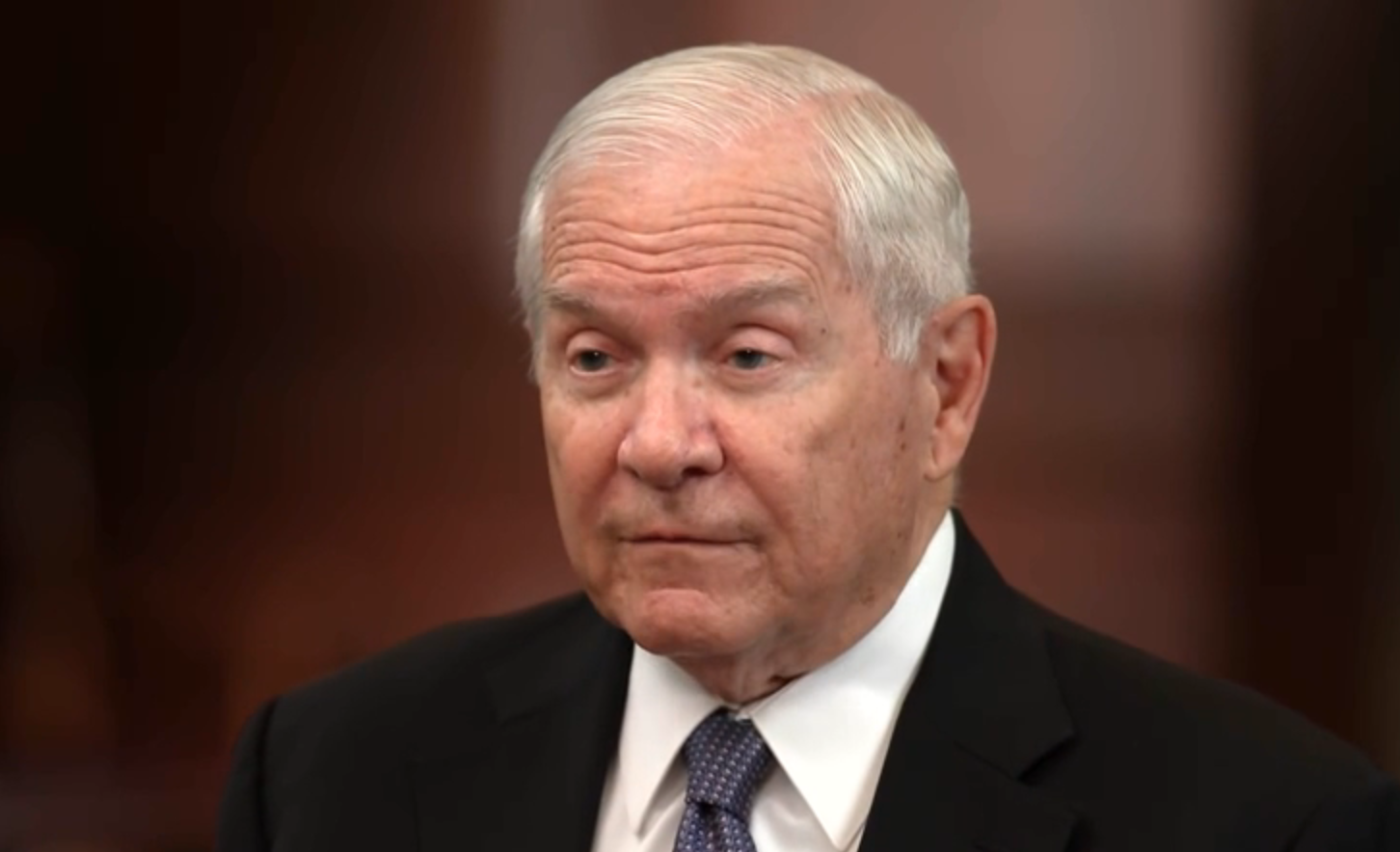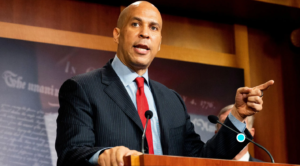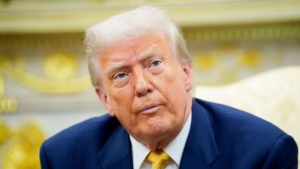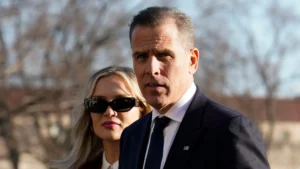In a compelling interview on CBS’s “Face the Nation” aired on May 18, 2025, former U.S. Defense Secretary Robert Gates delivered a stark warning about Russian President Vladimir Putin’s intentions. Gates asserted that Putin is driven by a perceived destiny to reconstruct the Russian Empire, suggesting that peace in Ukraine remains elusive unless this ambition is realized.
1. Putin’s Imperial Vision: A Barrier to Peace
Gates emphasized that Putin’s actions are fueled by a deep-seated belief in restoring Russia’s imperial stature. Drawing from his extensive experience with Russian affairs, Gates remarked, “Putin feels that he has a destiny to recreate the Russian Empire.” This perspective suggests that any peace negotiations concerning Ukraine are unlikely to succeed unless they align with Putin’s overarching goal of empire restoration.
The former defense secretary’s insights underscore the complexities of engaging with Russia diplomatically. He cautioned that even direct interactions with Putin might not reveal his true intentions, stating, “I’m not sure even in a face-to-face that you can judge Putin’s intention.” This ambiguity poses significant challenges for international leaders seeking a resolution to the ongoing conflict in Ukraine.
2. Middle East Dynamics: Opportunities Amidst Challenges
Shifting focus to the Middle East, Gates discussed the evolving geopolitical landscape. He noted that despite previous U.S. intentions to pivot towards Asia, the Middle East remains a region of strategic importance. Gates highlighted the transformative efforts of countries like Saudi Arabia, Qatar, and the UAE, which are actively diversifying their economies and modernizing their societies.
The weakening of Iran’s influence, particularly through the diminished capabilities of proxies like Hezbollah, presents a unique opportunity for diplomatic engagement. Gates pointed out that the fall of Assad in Syria has disrupted Iran’s ability to supply weapons to Hezbollah, further altering the regional power dynamics. These developments suggest a potential opening for renewed negotiations on Iran’s nuclear program, provided that Iran ceases its enrichment activities entirely.
3. Assessing U.S. Foreign Policy: A Return to the Middle East
Gates observed that the U.S. has re-engaged with the Middle East, deploying two aircraft carrier strike groups and increasing diplomatic efforts. He remarked, “We’re back in the Middle East, after all the talk about the pivot to Asia.” This renewed focus reflects the region’s enduring significance in global affairs.
The former defense secretary acknowledged that the Middle East presents both challenges and opportunities. While the region remains volatile, the current geopolitical shifts, including Iran’s weakened position, offer a chance for the U.S. to foster stability and pursue strategic interests through diplomacy and engagement.
4. Navigating the Ukraine Conflict: Strategic Considerations
Addressing the ongoing war in Ukraine, Gates emphasized the importance of understanding Putin’s motivations. He reiterated that without Ukraine, the concept of a Russian Empire is incomplete in Putin’s vision. This perspective suggests that any resolution to the conflict must account for Putin’s imperial aspirations, which complicate peace efforts.
Gates also highlighted the necessity for the U.S. and its allies to remain vigilant and strategic in their support for Ukraine. He implied that a nuanced approach, combining military assistance with diplomatic initiatives, is essential to counteract Russia’s ambitions and promote a sustainable peace.
5. Implications for Global Security and Diplomacy
Gates’s insights carry significant implications for international security and diplomatic strategies. His assessment of Putin’s intentions underscores the need for a cohesive and informed response from the global community. Understanding the historical and ideological underpinnings of Russia’s actions is crucial for developing effective policies.
Furthermore, the evolving dynamics in the Middle East present both challenges and opportunities for U.S. foreign policy. Engaging with regional partners and addressing the shifting power structures can enhance stability and counterbalance adversarial influences. Gates’s perspective serves as a valuable guide for policymakers navigating these complex international landscapes.
Conclusion
Former Defense Secretary Robert Gates’s recent interview offers a sobering analysis of current geopolitical tensions. His emphasis on Putin’s imperial ambitions and the intricate dynamics of the Middle East provides critical insights for understanding and addressing global security challenges. As the international community grapples with these issues, informed and strategic engagement remains paramount.
Subscribe to trusted news sites like USnewsSphere.com for continuous updates.
[USnewsSphere.com / CBS]





